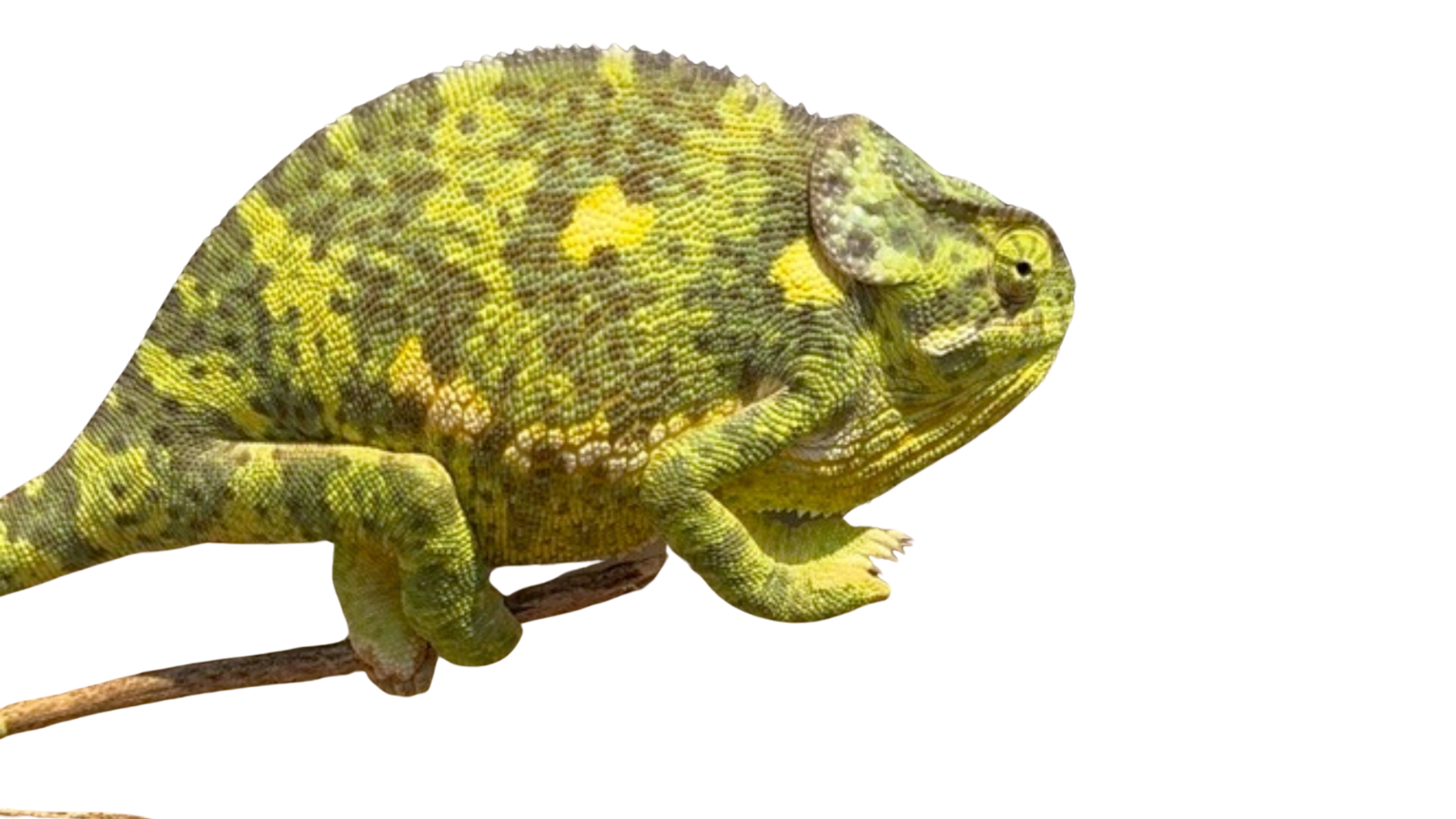10
Buddhist teaching says that life is suffering. That overstates the point a little bit (for a good reason) but it is true. Buddhist teaching goes on to say that we suffer because we ‘desire.’ There I disagree. I think there is a much more fundamental reason for our suffering, one that is much easier to incorporate into the rest of our knowledge about the world. But first I am going to suffer through a re-telling of my week here on the ranch, I guess cause the Almanac Section is good for me.
This week was full of trenching, multiple trips to the equipment rental place, installing dog fencing to keep my neighbors from shooting the three trouble makers, and many, many phone calls related to fence and water infrastructure. Hanna also made delicious cookies that are giving me great joy here in the wee hours of the morning. I can’t eat them during the day because Abel is not allowed to have them. Don’t tell.
I have been gearing up for my spring push to put in a new fence and water system on the property. I am doing this because the suffering created by bad fence and water infrastructure has become intolerable. People, if you have livestock, put in good fence and water systems. No ancient teaching, no ideology is more effective at giving joy and taking away suffering.
So, we do not suffer because we desire. We suffer because suffering works. Suffering works to promote survival. Afterall, suffering is manufactured by our organism. We do it to ourselves and we do it for a reason.
Suffering is so central to our world that it is almost too close for us to see clearly. When we do think about it, we view it as such a huge deal that it transcends biology, especially transcends mere ecology. Oh, nothing could be further from the truth. At some point in the past 500 million years, some jellyfish or sea slug experienced something unpleasant in association with an event that jeopardized its survival. This is one of the most pivotal, and least discussed, events in the history of life on this planet. Right up there with breakthroughs in metabolism, sexual reproduction, basic locomotion, vascular tissue. This event was the building block of our psychogical system, as important as any other system in our body. The psychological system is like our nervous system, but our nervous system as viewed from the inside.
Of course our psychological system doesn’t just produce suffering, right? It also produces joy. But if you ask anyone they will tell you it doesn’t produce enough joy. I think game theory can offer us an important insight about the relationship between joy and suffering in our life. If you want to get someone to make a bet on a coin toss, research suggests that you have to offer them two dollars of reward for every dollar they wager. ‘Rationally,’ people should be willing to take a 50/50 bet if you offered them $1.01 for every dollar they put on the line. I would suggest that this is a pretty good proxy for the relationship between joy and suffering. Suffering’s impact on our psyche is about twice as great as joy’s. Maybe because suffering is about twice as effective at promoting survival than joy.
When we talk about ourselves we are talking about the part of us that is trying to get joy and get rid of suffering. But there is big parts of our organism that are not trying to do that.
For instance, you would think that nothing could be more ‘me’ than my genes. But my genes are not the same as my consciousness. You could say that my genes manufacture my suffering. Infinite bliss is a total possibility, if my genes would just write the code. I just want the cookie, why can’t my genes just just help a guy out and give me the damn cookie?
Genes and consciousness have something of a parent child relationship. My genes are the product of hundreds of millions of years of ‘experience,’ one of the key takeaways being ‘organisms that are too happy don’t survive very long.’ I am not advocating any kind of hopelessness or self flagellation but what else could explain the existence of suffering after 500 million years of evolution? Our genes are trying to survive. They are not trying to reduce our suffering. If increasing our suffering 1000% means that our genes increase survival rates by .01%, guess what? We’re turning up the volume.
I guess the main takeaway from this is that we should try to see our suffering more like our genes do. Don’t expect the suffering to ever stop completely. Our genes love us too much to do that too us. Our suffering and our joy are signals prompting us to take certain actions. It is easy to suppress emotions and thus lose your compass. Simultaneously, it is easy to be totally driven by the attempt to ‘feel good.’ Probably the most unhappy people you know have these opposite orientations towards their feelings. Keep your suffering and joy in your peripheral vision but center your gaze on the actions those feelings are pointing towards. The actions (building the fences and water lines) are the goal. The joy is not the goal. Ironically, I suspect that if we can do this we are going to be a little happier and suffer a little less.
